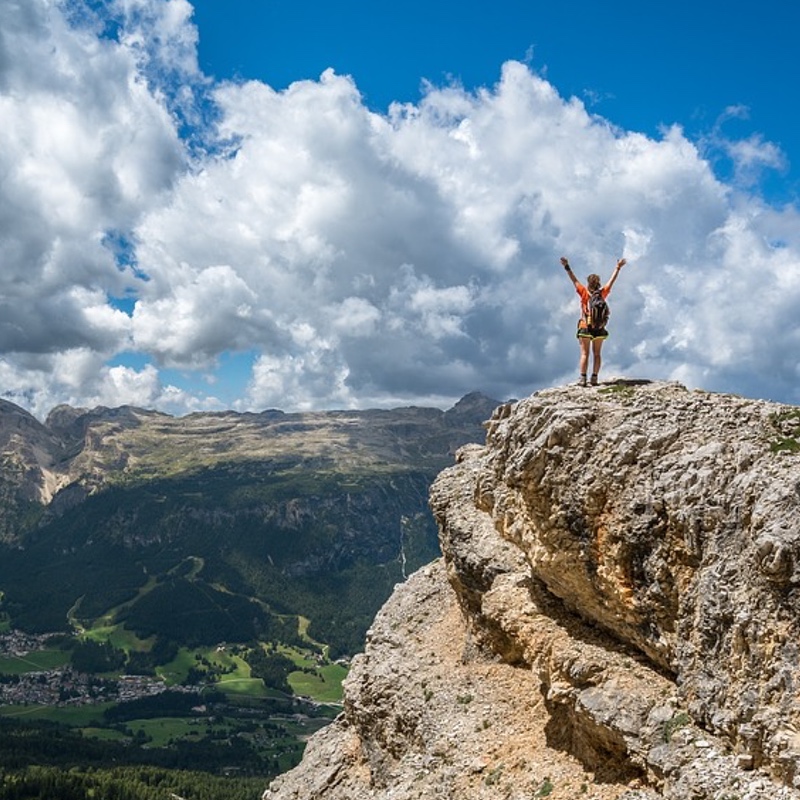Challenge Based Learning (CBL) provides an efficient and effective framework for learning while solving real-world challenges. The framework fuels collaboration to identify big ideas, ask thoughtful questions, and identify, investigate and solve challenges. CBL helps learners gain deep subject area knowledge and develop the skills necessary to thrive in an ever-changing world.
Take Action. Make a Difference.
THE FRAMEWORK
The CBL Framework includes three interrelated phases: Engage, Investigate, and Act. The framework acts as a customizable starting point for learners.
TOOLKIT
Explore resources created by learners worldwide to support Challenge Based Learning.
QUICK START
Ready to get started? The Getting Started section provides some ideas for preparing for and starting your first challenge.
LEARNING CENTER
The CBL Learning Center offers a variety of ways to deepen your knowledge. From Micro-credentials to an in-depth user guide – we have you covered.
NEW IDEAS
CBL is a fluid framework that evolves based on lessons learned, new ideas and making connections. Check out some new ideas and share yours.
STORIES
Stories inspire and give us a glimpse of what is possible when learners implement CBL. Explore the stories and think about what story you want to tell.
CBL IN ACTION
Big Idea: HEALTH
The challenge you choose can make all of the difference. Moving from a narrower challenge of losing weight to the challenge of “Be Healthy” increases the options for learning and possible solutions.
Identifying challenges.
Developing Sustainable Solutions.
Becoming Lifelong Learners

Why Challenges?
Challenges surround us: large, small, local, global, short and long-term. Some we choose, some choose us, some we look forward to, some we dread, some we address, and some we try to ignore. Ultimately, how we individually and communally respond to Challenges will determine our future. As problems become increasingly complex and pressing, the need to develop a generation of engaged Learners equipped to identify Challenges and develop innovative and sustainable Solutions is crucial.
Using Challenges to frame learning experiences originated from exploring reality television, conversations with individuals whose lives center on Challenges, and reflection on personal learning experiences inside and outside the classroom. When faced with a Challenge, successful groups and individuals leverage experience, harness internal and external resources, develop a plan and push forward to find the best solution. Along the way, there is experimentation, failure, success and ultimately consequences for actions. Adding Challenges to learning environments results in urgency, passion, and ownership – ingredients often missing in schools.
